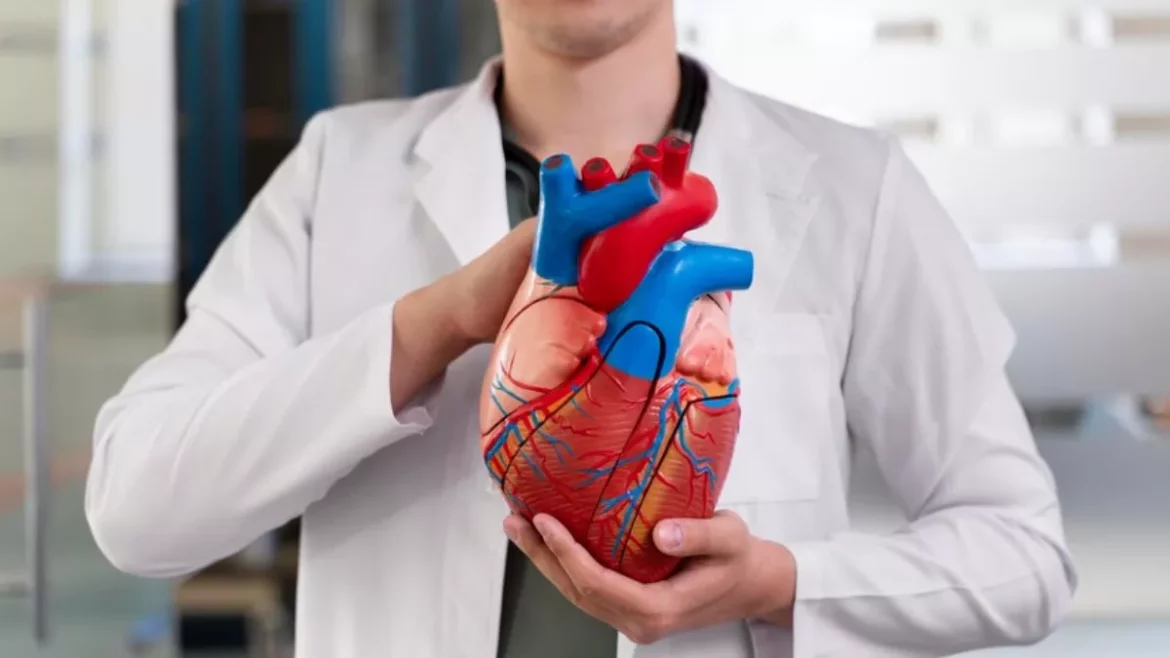Arrhythmias are disruptions in the normal rhythm of the heart, causing it to beat too quickly, too slowly, or irregularly.
These abnormalities can vary widely in severity, duration, and symptoms. One of the critical questions for individuals experiencing arrhythmias is, “How long do arrhythmia symptoms last?” Understanding the duration of these symptoms is crucial for managing and seeking appropriate medical care. In this article, we delve into the various types of arrhythmias, their typical durations, and strategies for managing and treating them effectively.
Types of Arrhythmias
Arrhythmias can be broadly categorized into two main types: tachyarrhythmias and bradyarrhythmias. Tachyarrhythmias involve a heart rate that is too fast, while bradyarrhythmias involve a heart rate that is too slow.
Tachyarrhythmias:
Atrial Fibrillation (AFib): AFib is one of the most common types of arrhythmias, characterized by rapid and irregular heartbeat originating in the upper chambers (atria) of the heart. Symptoms can vary from person to person and may include palpitations, chest discomfort, shortness of breath, fatigue, and dizziness. The duration of AFib episodes can range from minutes to hours or even persist for days or weeks. Some individuals may experience persistent AFib, where the abnormal rhythm continues for longer periods.
SEE ALSO: What are the beta-blocker drugs for treat atrial fibrillation
Supraventricular Tachycardia (SVT): SVT is a rapid heart rate originating above the ventricles. Episodes of SVT can occur suddenly and last from a few seconds to several hours. The duration often depends on the underlying cause and triggers.
Ventricular Tachycardia (VT): VT is a fast heart rate originating in the lower chambers (ventricles) of the heart. It can be brief and self-limiting or sustained, lasting for several seconds to minutes. Sustained VT requires immediate medical attention.
Atrial Flutter: Similar to AFib, atrial flutter is characterized by a rapid and regular heartbeat in the atria. The duration of atrial flutter episodes can vary, with some lasting for hours or days.
Bradyarrhythmias:
Sinus Bradycardia: Sinus bradycardia is a slow heart rate originating from the sinus node, the heart’s natural pacemaker. It is defined as a heart rate less than 60 beats per minute. The duration of sinus bradycardia episodes can vary, depending on factors such as fitness level, medications, and underlying health conditions.
Heart Block: Heart block occurs when the electrical signals between the atria and ventricles are delayed or blocked. The duration of heart block episodes can range from transient (temporary) to persistent, requiring medical intervention.
What Are Factors Affecting Duration of Arrhythmia Symptoms
Several factors can influence how long arrhythmia symptoms last:
Underlying Cause: The underlying cause of the arrhythmia, such as heart disease, electrolyte imbalances, or structural abnormalities, can impact the duration and severity of symptoms.
Triggering Factors: Certain triggers, such as stress, caffeine, alcohol, medications, or stimulants, can provoke or prolong arrhythmia episodes.
Medical History: An individual’s medical history, including past arrhythmias, heart conditions, and overall cardiovascular health, can affect the duration and recurrence of symptoms.
Treatment Compliance: Adherence to prescribed medications, lifestyle modifications, and follow-up appointments can influence the management and duration of arrhythmia symptoms.
Acute vs. Chronic Arrhythmias: Acute arrhythmias, such as paroxysmal AFib or SVT, may have episodic and self-limiting durations, while chronic arrhythmias, such as persistent AFib or heart block, require ongoing management and monitoring.
Managing Arrhythmia Symptoms
Effective management of arrhythmia symptoms involves a multidisciplinary approach, including:
Medications: Antiarrhythmic medications may be prescribed to control heart rhythm and rate. Blood thinners (anticoagulants) are often recommended for individuals with atrial fibrillation to reduce the risk of blood clots and stroke.
Lifestyle Modifications: Adopting a heart-healthy lifestyle with regular exercise, a balanced diet, limited alcohol consumption, and stress management techniques can help manage arrhythmia symptoms.
Cardioversion: Electrical cardioversion or pharmacological cardioversion may be used to restore normal heart rhythm in certain arrhythmias.
Implantable Devices: For individuals with recurrent or high-risk arrhythmias, implantable devices such as pacemakers or implantable cardioverter-defibrillators (ICDs) may be recommended to monitor and regulate heart rhythm.
Ablation Therapy: Catheter ablation procedures can be performed to target and eliminate abnormal electrical pathways in the heart, particularly in cases of recurrent SVT or AFib.
Seeking Medical Attention
It’s essential to seek prompt medical attention if you experience persistent or severe arrhythmia symptoms, such as:
- Chest pain or discomfort
- Fainting or near-fainting episodes
- Severe shortness of breath
- Prolonged palpitations or irregular heartbeat
- Dizziness or lightheadedness
- Fatigue or weakness
Your healthcare provider can conduct diagnostic tests, such as electrocardiograms (ECGs), Holter monitoring, echocardiograms, or electrophysiology studies, to evaluate your heart rhythm and determine the appropriate management plan.
Conclusion
The duration of arrhythmia symptoms can vary widely depending on the type of arrhythmia, underlying factors, and individual health status.
Effective management involves understanding triggers, adhering to treatment plans, making lifestyle modifications, and seeking timely medical care. By working closely with healthcare providers and adopting a proactive approach to heart health, individuals with arrhythmias can optimize their quality of life and reduce the risk of complications.

